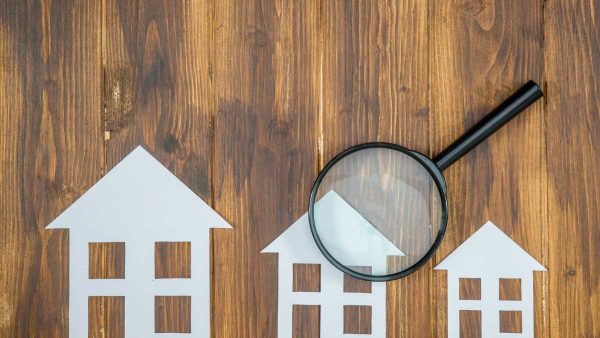Blog

Home inspectors play a pivotal role in buying and selling homes. They identify potential safety risks on the property and ensure that buyers are fully informed before purchasing. I interviewed Dale McCullock, founder and CEO of Assurance Inspection Services, to find out more about the home inspection process.
What does a home inspector do?
A home inspector conducts a visual and accessible inspection of a home’s major systems to identify defects and safety concerns. The inspector focuses on the home’s structure, roof, interior, exterior, plumbing, electrical, HVAC system, and appliances. He or she then creates an inspection report that acts as written documentation about the home’s condition.
What does a home inspector look for?
The main factors that home inspectors look for are broken, unsafe, or inefficient features on the home. In Oklahoma, the most common problems are hail/wind damage on roofs, structural issues due to improper water management, drainage and supply leaks, structural failure from poor construction, and moisture intrusion.
Who hires a home inspector?
Home inspectors work with buyers, sellers, realtors, lenders, and other members of the real estate community. A buyer will most commonly hire a home inspector to conduct a thorough evaluation before purchasing a home. However, a seller may hire a home inspector to check for issues before putting their home on the market.
If you plan to purchase a home, follow your real estate agent’s recommendations on when to hire a home inspector. Most buyers do this before putting in an offer or as soon as the offer is submitted.
How to prepare your home for inspection
If you are selling your home, do not try to cover up defects before a home inspection. You can certainly get them repaired, but do not try to hide the issues to get the house to sell. Your home inspector will notice the problems, and the buyers may back out for fear of mistrust.
Create clear access to the areas that need to be checked during the inspection, such as your attic, basement/crawl space, heating and air units, and plumbing under your sinks. Clean out your gutters, and conduct any minor repairs that may be lingering on your to-do list. Talk to your real estate agent or home inspector about specific preparation steps you may need for your home.
Should you buy a home if it doesn’t pass a home inspection?
The purpose of a home inspection is to point out issues on the property. What you do with that information is entirely up to you. As a buyer, you may be able to negotiate a lower purchase price for the home or ask the seller to complete the repairs. As a seller, you could transparently inform potential buyers about the issues and select a corresponding sale price. You could also decide to complete the repairs to increase your potential profit.
All homes have defects, whether they’re cosmetic, structural, or functional. You decide what you can realistically live with and what presents a safety hazard for your family. Dale McCullock has conducted over 5,000 home inspections over 15 years, and he says every one presents its own unique challenges. Use the information from your home inspection to guide you through the home buying or selling process.

Let's Talk
Get in touch to get started on your roof today. We are happy to answer any of your questions. Feel free to schedule your free roof inspection as well.
